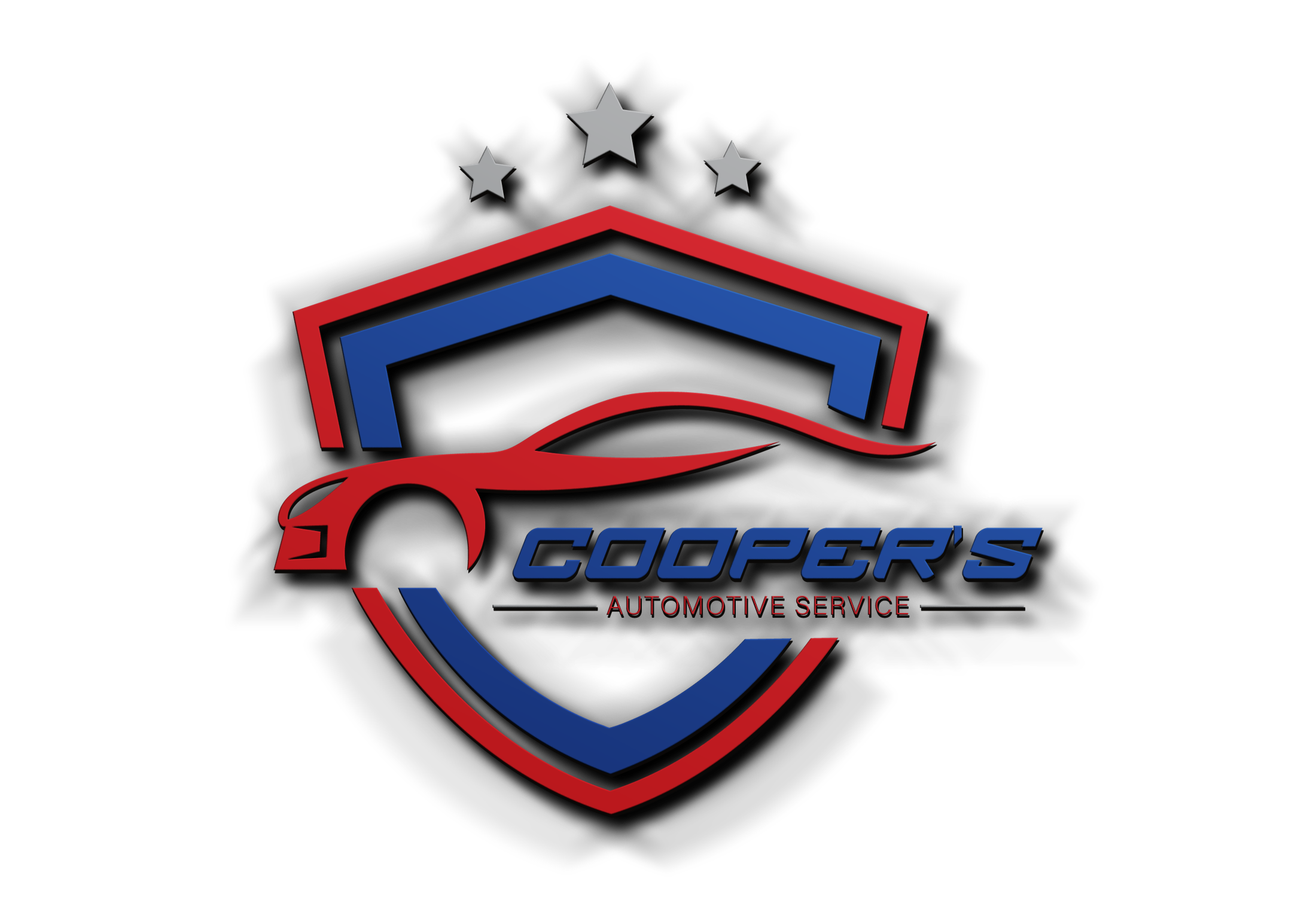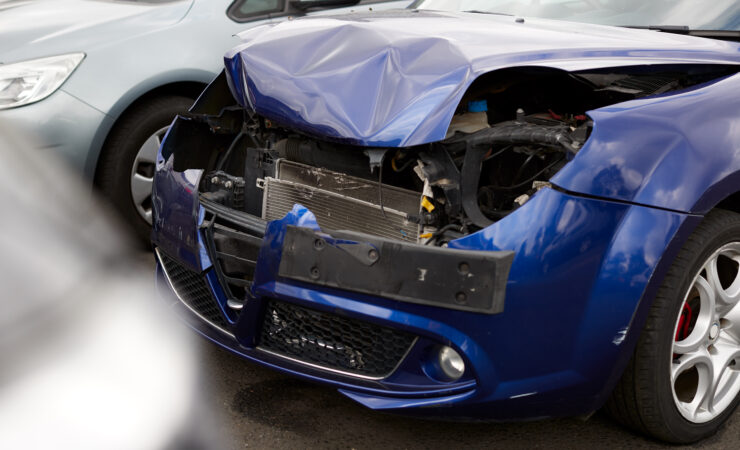Your car’s engine is a complex machine, and when something goes wrong, it’s often accompanied by an intimidating warning light on your dashboard. But what do those symbols mean? And when should you be worried? Cooper’s Automotive Service is here to help you decipher those engine warning lights and understand what steps to take to protect your vehicle and your wallet.
Content:
Common Engine Warning Lights:
- Check Engine Light: This light is the most common and can indicate a wide range of issues, from a loose gas cap to a serious engine malfunction. While it may not always signal an immediate emergency, it’s important to have it diagnosed promptly to identify and address the underlying problem.
- Oil Pressure Warning Light: This light indicates low oil pressure, which can be a critical issue. If you see this light, pull over immediately and turn off your engine to prevent severe engine damage. Have your car towed to a mechanic to diagnose and repair the problem.
- Temperature Warning Light: If this light comes on, your engine is overheating. This could be caused by a coolant leak, a faulty thermostat, a clogged radiator, or a malfunctioning water pump. Stop your car as soon as it’s safe and let the engine cool down before taking any further action. Overheating can cause severe engine damage if not addressed quickly.
- Battery/Charging System Light: This light signals that your car’s battery isn’t charging properly. It could mean a problem with the battery itself, the alternator, or the wiring. Ignoring this warning light can lead to a dead battery and leave you stranded.
Less Common (But Still Important) Engine Warning Lights:
- Transmission Temperature Warning Light: This light indicates that your transmission is overheating, which can cause damage to internal components. Pull over and let the transmission cool down before seeking professional help.
- Engine Coolant Level Low: This light means your coolant level is low, which can lead to overheating. Add coolant as soon as possible and have the system checked for leaks.
- Engine Oil Level Low: This light signals that your engine oil level is below the minimum required for safe operation. Add oil immediately and have the engine checked for leaks.
When to Seek Professional Help:
- If the Light is Flashing: A flashing check engine light indicates a serious problem that requires immediate attention. Pull over and have your car towed to a mechanic.
- If You Experience Performance Issues: If your car is running poorly, misfiring, or losing power, don’t ignore it. Have it checked by a mechanic to diagnose and repair the issue.
- If You’re Unsure: If you don’t know what a warning light means or how to address the problem, it’s always best to consult a professional.
Cooper’s Automotive Service: Your Engine Experts:
- State-of-the-Art Diagnostics: Our experienced technicians use the latest diagnostic tools to accurately pinpoint engine problems.
- Expert Repairs: We have the knowledge and expertise to repair a wide range of engine issues, from minor repairs to major overhauls.
- Preventative Maintenance: We offer comprehensive engine maintenance services to help you avoid costly repairs and keep your engine running smoothly for years to come.




